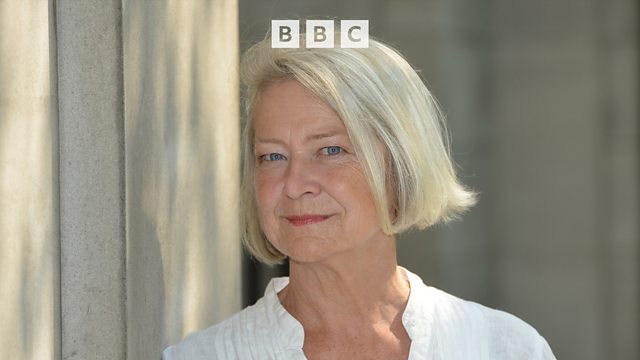Leaving Lebanon
Stories of residents leaving Lebanon if they can, and ones from Chile, the Philippines, Melbourne in Australia and the western German border. With Kate Adie.
Lebanon has suffered not just a catastrophic blast that cost around two hundred lives, but also a devastating economic crisis. The value of the currency has plunged and the pandemic lockdown forced nearly a third of businesses to close, leaving thousands jobless. Is Lebanon now a sinking ship? People are leaving in droves, as Leila Molana-Allen reports from Beirut.
Chile's central region has been so dry over the past ten years, that scientists speak of a “mega-drought”. But how do you farm without water? Jane Chambers visited the Til Til region to find out how the residents are coping with the agricultural crisis.
In the Philippines Facebook took down more than 200 accounts accused of promoting pro-Duterte propaganda last week. Opposition politicians, human rights activists and journalists have reported receiving threatening posts. But a group was formed, to stand up to the abuse: The Troll Patrol. Howard Johnson went to meet one of them.
In the Australian city of Melbourne, they’ve been having a second, full lockdown since July. Constraints have now started to be eased, beginning with the lifting of the curfew. But this second lockdown has been happening during the winter in the southern hemisphere, and, as Will Higginbotham reports, it took a heavier toll on residents’ mental health than the first.
The spread of coronavirus has triggered a tangle of travel restrictions around the world. The UK demands that people arriving back from most foreign countries - though not Germany - self-isolate at home for 14 days. Reason enough for Simon Calder to watch his step very carefully at the German-Belgian-Dutch border.
Presenter: Kate Adie
Producer: Arlene Gregorius
Podcast
-
![]()
From Our Own Correspondent
Insight, wit and analysis as ����ý correspondents tell stories beyond the news headlines.


